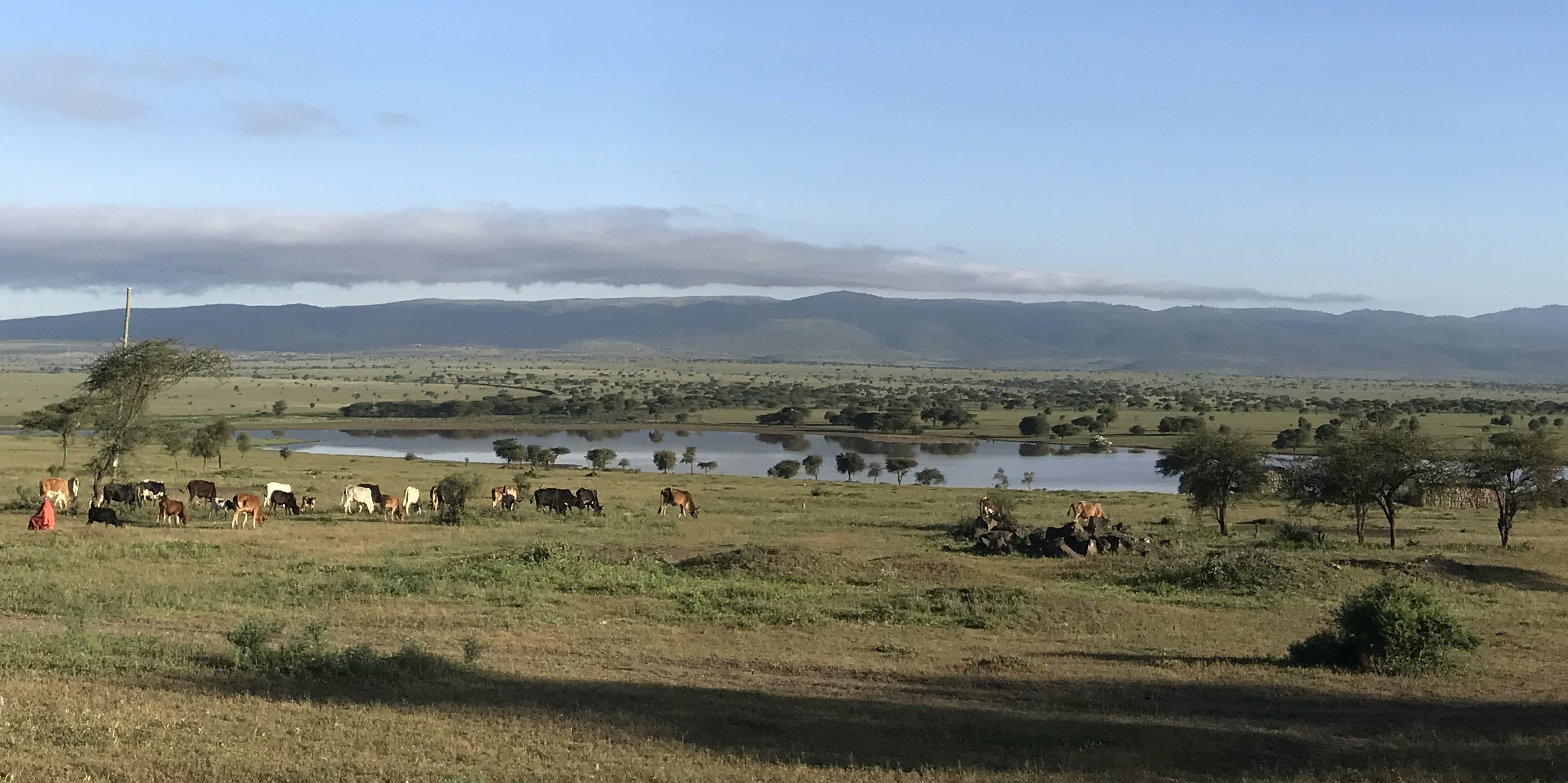Our colleagues, Eduardo Duque Dussán, Ricardo Situmeang, and Antoine Bercy, took an active part in the Tropentag 2023 conference, which was held in from September 20 to 22, 2023 in Berlin, Germany. The conference was organized by the Leibniz Centre for Agricultural Landscape Research (ZALF) in collaboration with Humboldt-Universität zu Berlin, Germany.
Tropentag remains an annual international conference dedicated to the exploration of research in tropical and subtropical agriculture and rural development. The focal point of this year's conference was the theme "Competing pathways for equitable food systems transformation: trade-offs and synergies."
This year, the conference successfully brought together a diverse assembly of more than 900 attendees hailing from 60 different countries, with an additional 300 participants who participated virtually. This gathering underscored the critical importance of advancing the agricultural sector and provided a distinctive platform for engagement with scientists and experts from around the world. The selected theme struck a resonant chord with the prevailing global landscape, highlighting the urgent need to address and reconfigure our food systems for enhanced equity and sustainability.
In terms of scientific involvement, the contributions of BRT members were accepted for oral and poster presentations.
Regarding scientific engagement, members of the BRT had their contributions accepted for both oral and poster presentations.
Additionally, Assoc. Prof. Dr. Hynek Roubík, leader of the BRT Group, led a workshop titled "Making Research Transparent and Reproducible – Initiating a Paradigm Shift in Open Science." The workshop's objective was to address the pressing need for evidence-based and reliable scientific research, particularly for future generations. Currently, researchers shoulder the responsibility of enhancing reproducibility, but incentives are lacking. To restore trust in science, a cultural transformation must occur, involving both top-down and bottom-up approaches. This Open Science and reproducibility workshop aimed to empower young researchers with strategies for integrating reproducibility into their projects, ensuring research findings remain accessible and reliable for future innovation.
Eduardo presented orally the results of his PhD thesis: “Hybrid tunnel solar dryer for coffee processing in Colombia: Design and experimental evaluation” which focused on making coffee dry faster and better in Colombia. People usually dry coffee beans in the sun, but it's hard to control, and bad things can grow on the beans. Machines can dry coffee faster, but they're expensive. So, Eduardo made a special dryer that uses the sun and a machine together. It also uses coffee tree parts as fuel. The dryer has a special system to make sure the air is just right for drying the coffee. Eduardo tested it in different ways, and it worked well, making the drying time shorter and saving energy. This dryer can fit into the ones people already use.
Ricardo’s contribution “Unlocking the potential of biogas technology in West Java, Indonesia: A multilevel analysis of adoption barriers and opportunities” shared through a poster how to make eco-friendly energy called biogas in places like West Java, Indonesia. He looked at why not many people there use biogas. Ricardo talked to important people and surveyed farmers. He found out that farmers don't know much about biogas and can't afford it. The government and others don't help much either. But using biogas can give farmers energy and fertilizers without hurting the environment. Ricardo thinks we should teach farmers about biogas, give them money to start, and make better rules to help them.
Finally, Antoine's poster, titled "Towards Harmonizing Biogas Research" focused on the importance of anaerobic digestion as a renewable energy source. Although it has the potential to reduce greenhouse gas emissions and promote sustainability, research on this topic is scattered and extensive. Antoine did a big review to see what all these studies said about how to do anaerobic digestion. He found that there are important things to consider, like how to prepare the stuff for digestion, the machines used, the temperature, and cleaning the gas it makes. This review can help other researchers understand this topic better and avoid doing the same work over and over. It also shows where more research is needed.
In 2024, Tropentag will take place at BOKU in Vienna from 11.-13. September!


